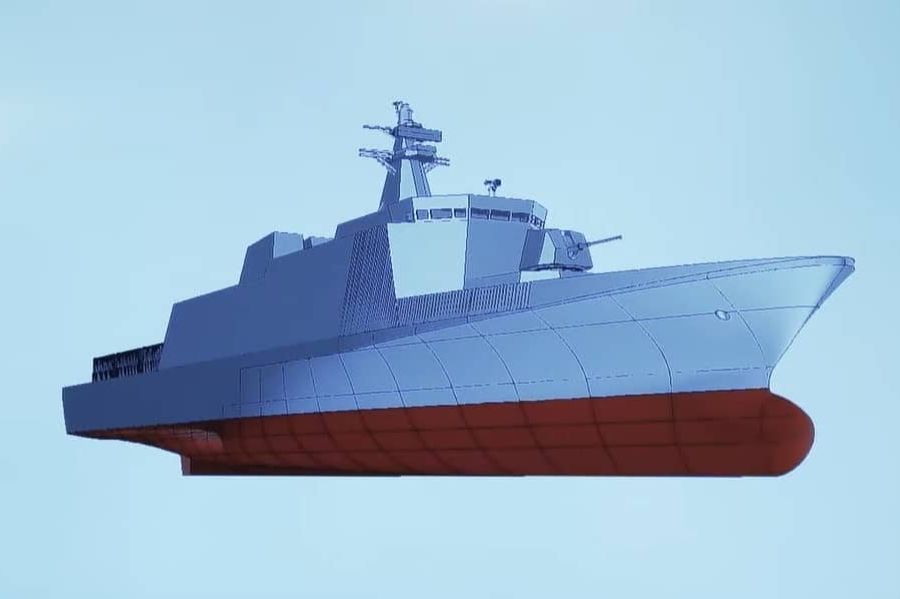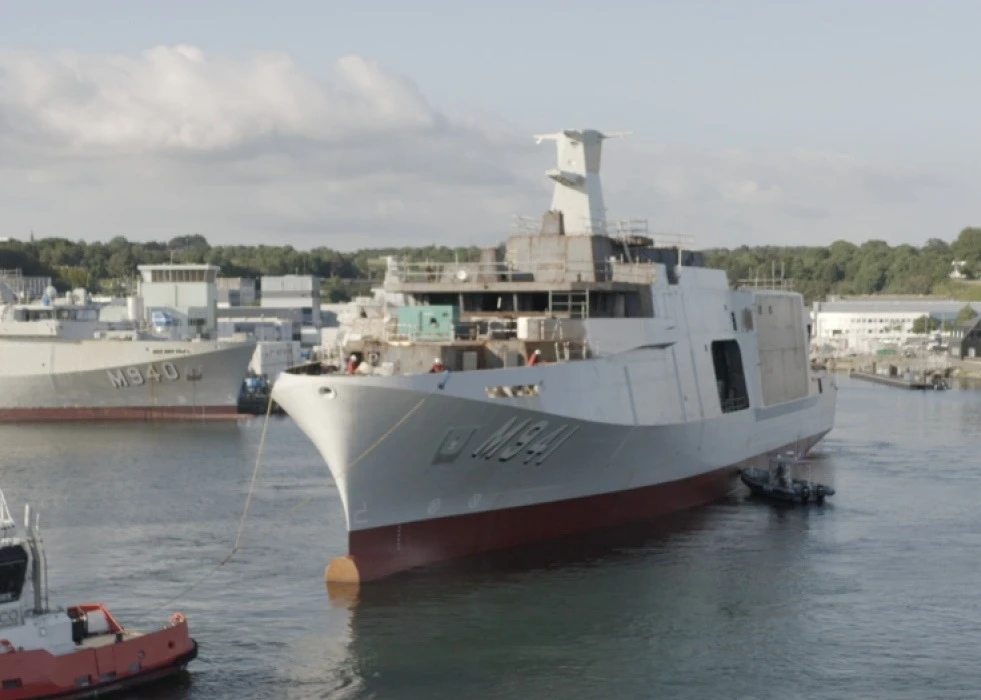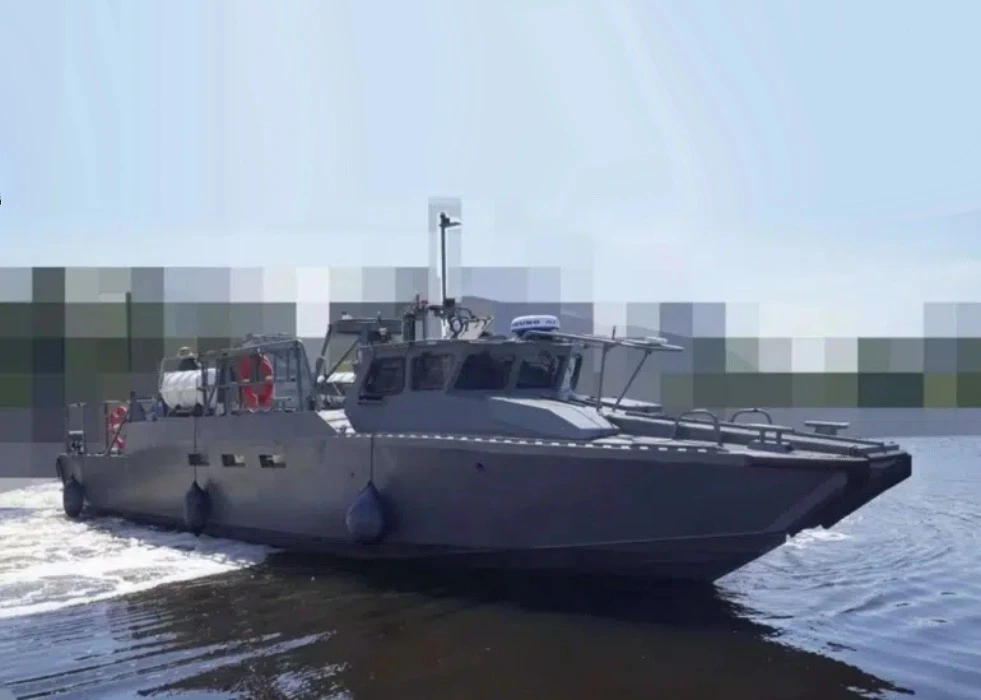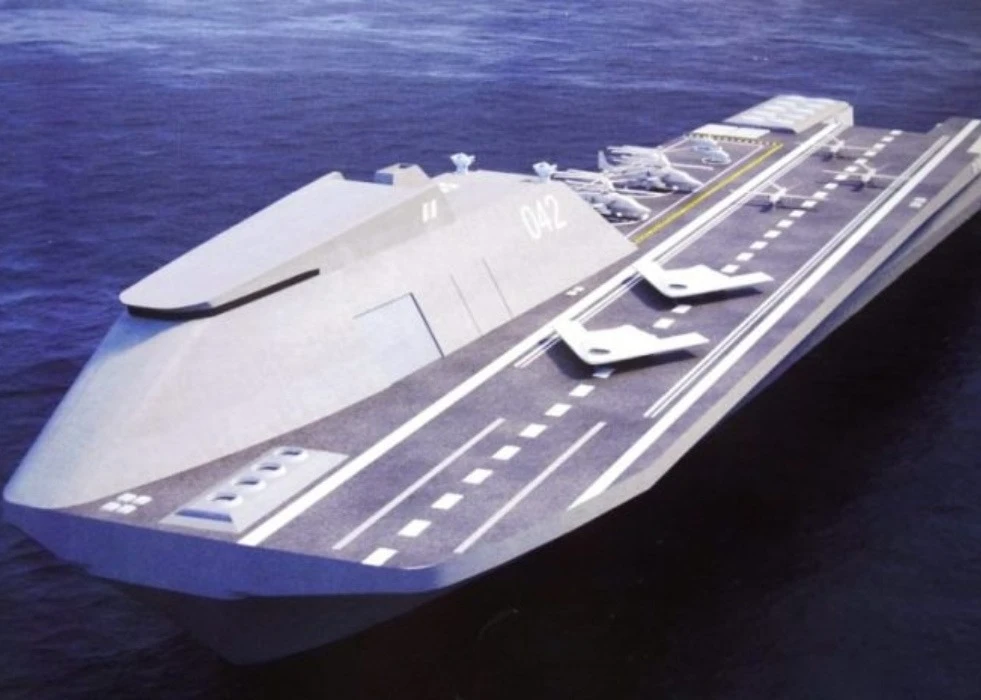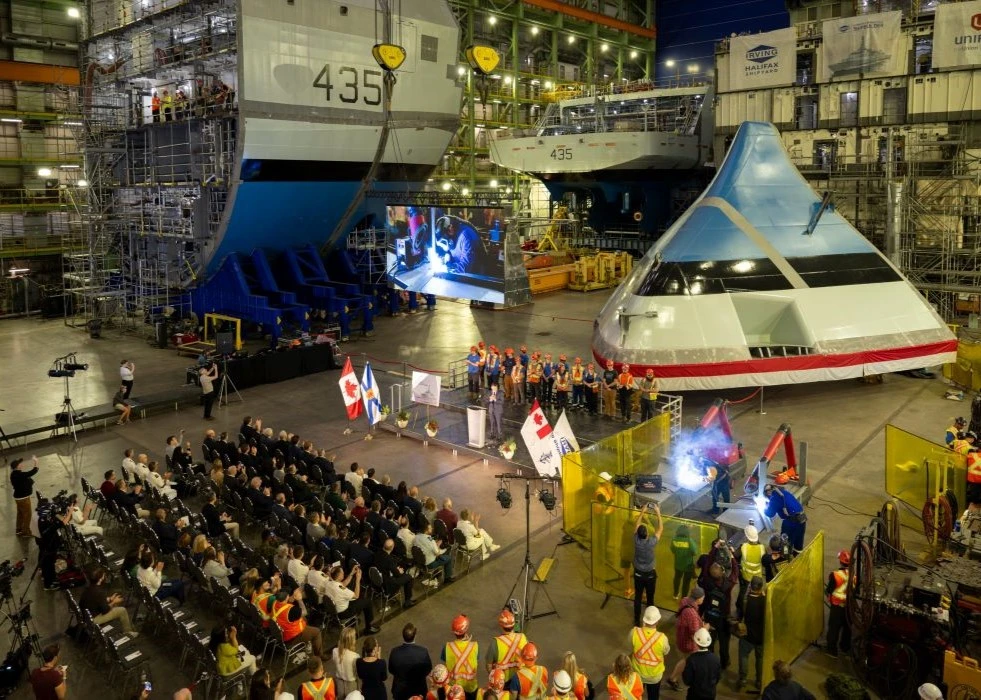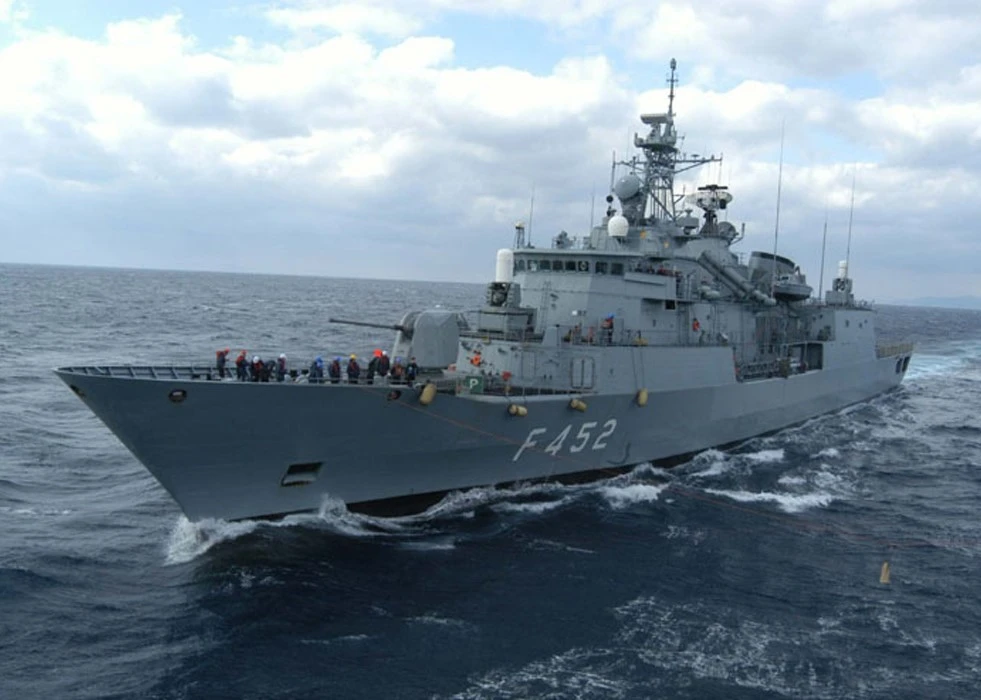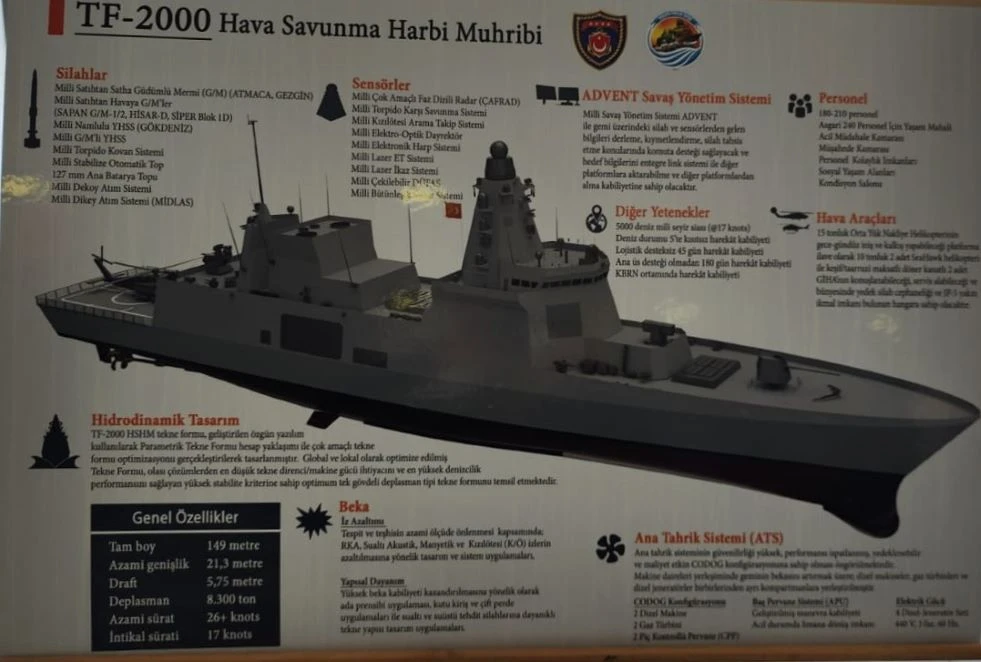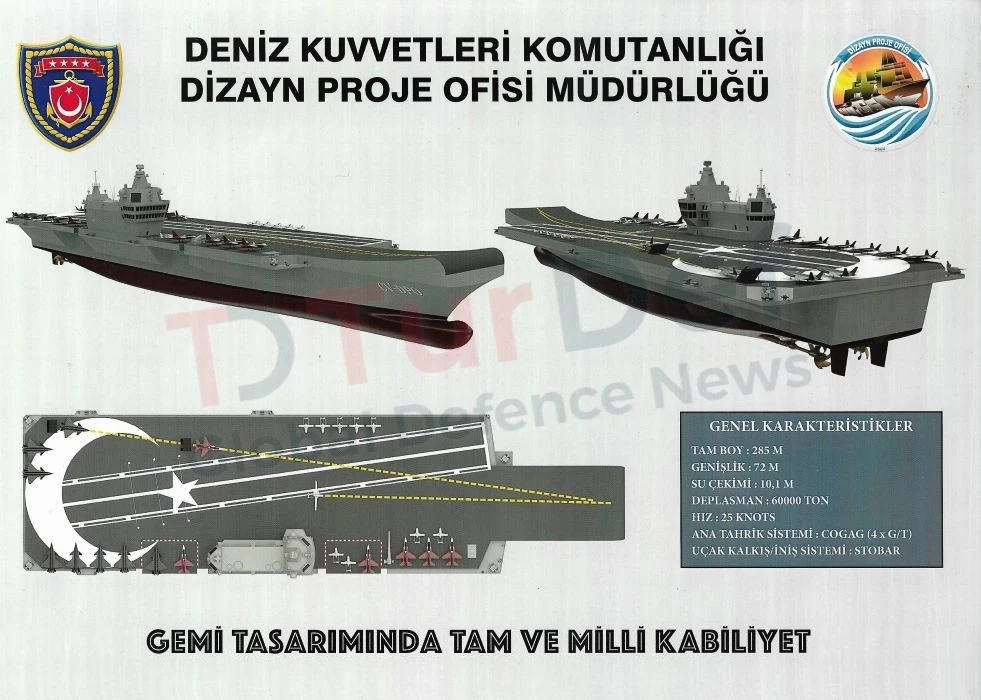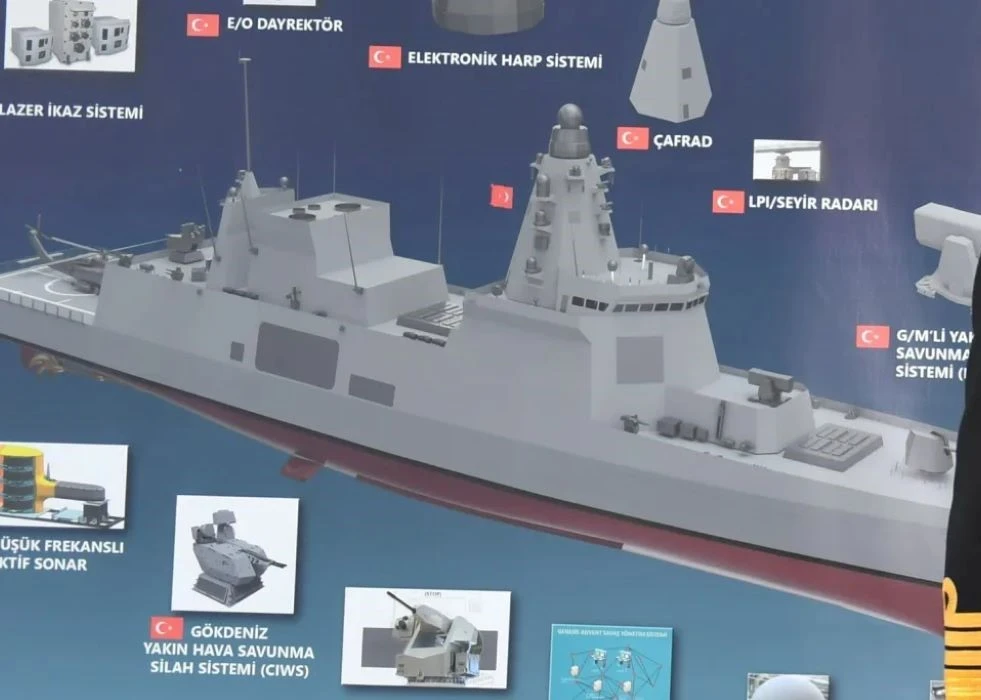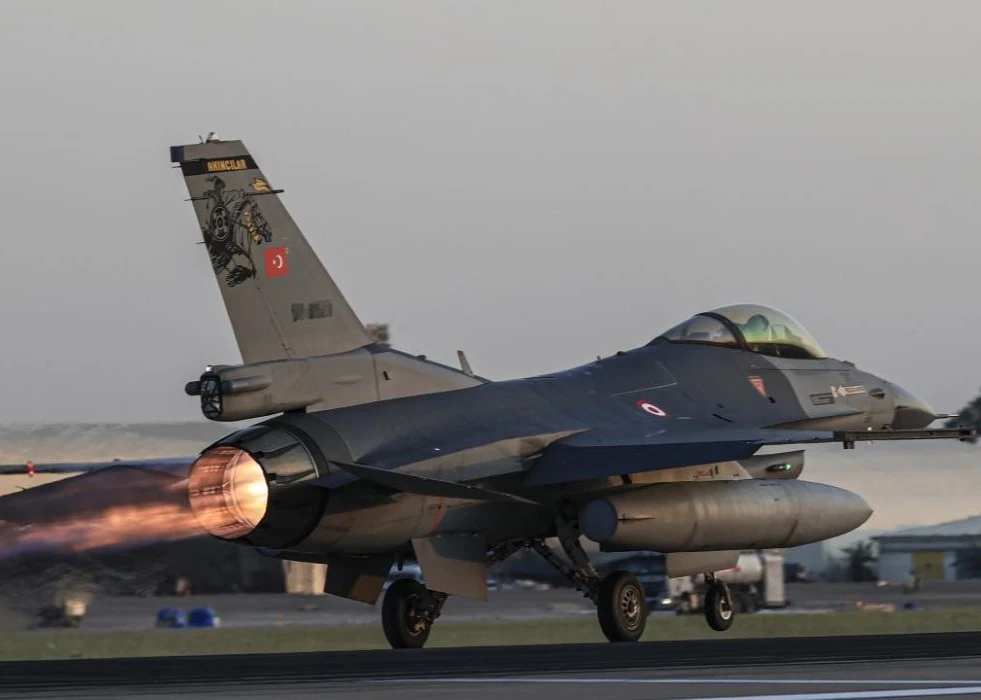On June 30, 2022, Japan’s Ministry of Defence (MoD) announced that a company had been selected to build the next-generation Offshore Patrol Vessels (OPV) that will be operated by the Japan Maritime Self-Defence Force (JMSDF).
JMSDF will get 12 new OPVs, with Japan Marine United (JMU) selected as the project’s main contractor and Mitsubishi Heavy Industries (MHI) as the main subcontractor. The call for companies to participate in the OPV construction was launched in October 2021, with JMU and MHI participating and MOD signing a contract with each in February 2022 for the planning and proposal of the OPV. MOD then received proposals from both companies and was debating which one would be the primary contractor. Both companies, as well as Mitsui Engineering & Shipbuilding, were being considered by Japan’s Acquisition, Technology and Logistics Agency (ATLA). According to the ATLA"s announcement, JMU was selected over its competitors due to its superior fuel efficiency, manpower cost savings, life cycle costs, and maintainability.
The new OPVs will be utilised to increase naval presence and increase intelligence, surveillance and reconnaissance (ISR) capabilities in the Sea of Japan, East China Sea, and the Pacific Ocean, in general terms in the Japanese waters and exclusive economic zones, especially in disputed areas in the country’s western and southwestern flanks.
The vessels are expected to have a high degree of automation which would allow an entire crew of around 30 officers and sailors, high adaptability and stealthy design, and modularity, including deck space for modular payloads and ISO containerised mission modules.
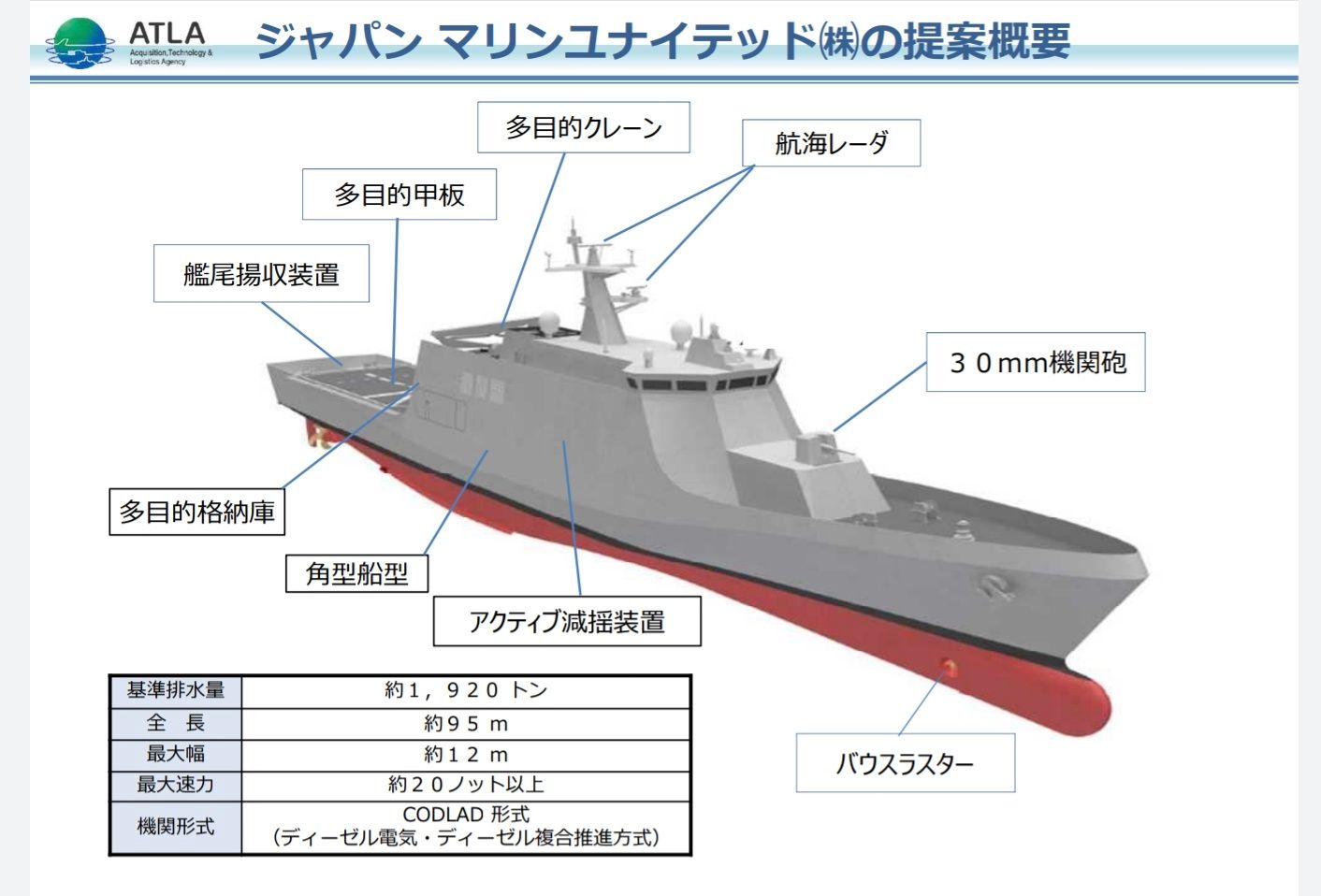
Each vessel is expected to cost around US$67 million, be 95 meters long, have a width of 12 meters, and displace around 1,920 tons. It would be powered by a Combined Diesel Electric and Diesel (CODLAD) engine, with a top speed of more than 20 knots.
The ships would be equipped with a 30mm main gun, landing deck, and hangar for helicopter and/or UAV operations.
As neighbouring China expands the size and capabilities of its naval forces, Tokyo is enhancing its maritime security, particularly to defend the southwestern Nansei Islands, including the disputed in the East China Sea at the Senkaku/Diaoyu Islands by boosting its patrol activities.


